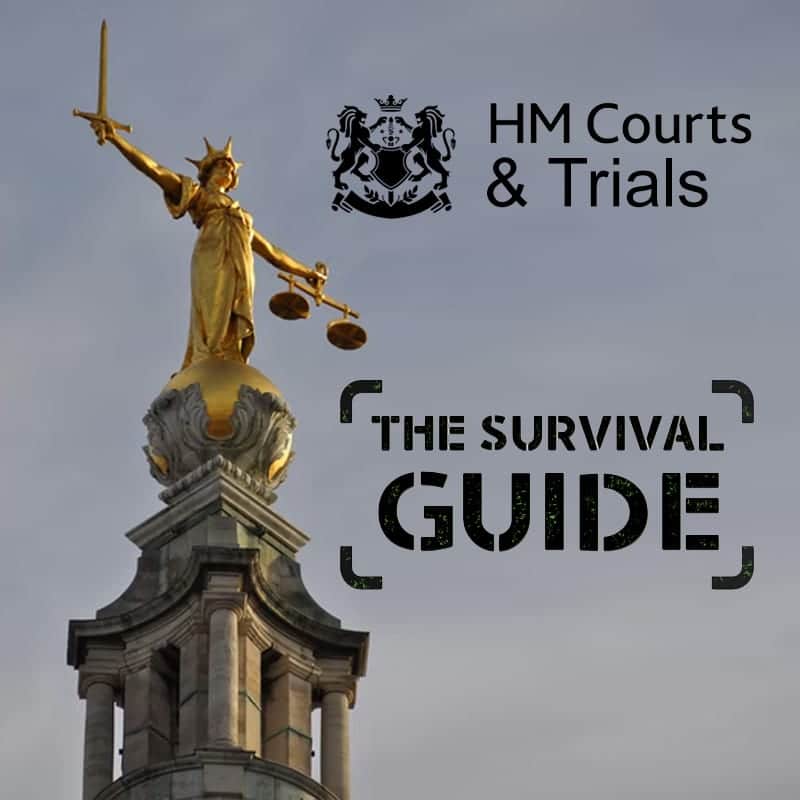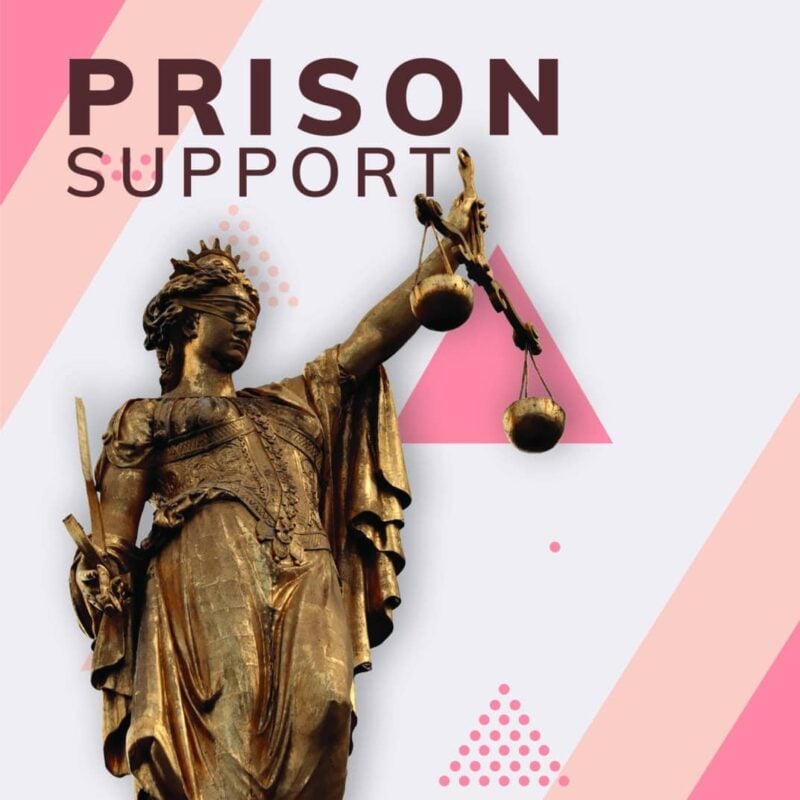What's the Prison Sentence for GBH Offences
Grievous Bodily Harm (GBH), classified under serious assault offences in the UK, is dealt with severe legal consequences. The prison sentence for GBH offences can vary significantly based on several factors including the intent, severity of the injury, and the specific circumstances surrounding the case.
Overview of GBH Offences
In the UK, GBH offences are primarily categorized into two sections under the Offences Against the Person Act 1861: Section 18 (GBH with intent) and Section 20 (wounding without intent). The distinction between these can greatly influence the prison sentence outcomes.
Section 18 GBH: Understanding the Legal Boundaries
Section 18 offences, known as “wounding with intent,” are considered more severe. They involve scenarios where the perpetrator has intentionally caused severe injury that could seriously harm the health of another person. Due to the intentional aspect, the prison sentence for Section 18 GBH offences can be quite substantial, with sentences ranging up to life imprisonment, although typical sentences are between 3 to 16 years, depending on aggravating and mitigating factors.

Factors Influencing Prison Sentences for GBH
The prison sentence for GBH offences can be influenced by various factors:
- Intent: Deliberate intent to cause serious harm increases the severity of the sentence.
- Severity of Injury: More serious injuries lead to longer prison sentences.
- Previous Convictions: A history of similar offences can lead to a harsher prison sentence.
- Mitigating Circumstances: Factors such as self-defense or provocation can reduce the sentence.
Sentencing Guidelines and Their Application
The Sentencing Council for England and Wales provides specific guidelines that judges must consider when deciding on the prison sentence for GBH offences. These guidelines help ensure consistency in sentencing, taking into account the nature of the offence and the offender’s background.
Case Studies and Real-Life Sentences
Real-life cases of GBH offences highlight how sentences are applied. For example, a first-time offender convicted under Section 20 might receive a significantly lower prison sentence compared to a repeat offender convicted under Section 18 with clear intent to cause serious harm.
Preparing for Legal Proceedings
Anyone facing a GBH charge should seek legal advice immediately. Understanding the complexities of GBH offences and the potential prison sentence implications is crucial for effective legal defense.
The Role of Legal Representation
Having skilled legal representation can significantly impact the outcome of a GBH case. Legal professionals can help in negotiating plea deals, presenting mitigating factors, and ensuring the accused’s rights are protected throughout the judicial process.
Further Resources and Information
For more detailed information about GBH offences, legal advice, and potential prison sentences under UK law, visiting dedicated legal resources is recommended. One such resource is the Prison Guide, which provides comprehensive information on prison and UK law and sentences.
By understanding the severity and consequences associated with GBH offences, individuals can better navigate the legal landscape if they find themselves involved in such cases. Whether seeking to understand potential legal outcomes or finding the best representation, resources like the Prison Guide are invaluable for anyone needing detailed insights into UK legal practices regarding serious assault offences.





